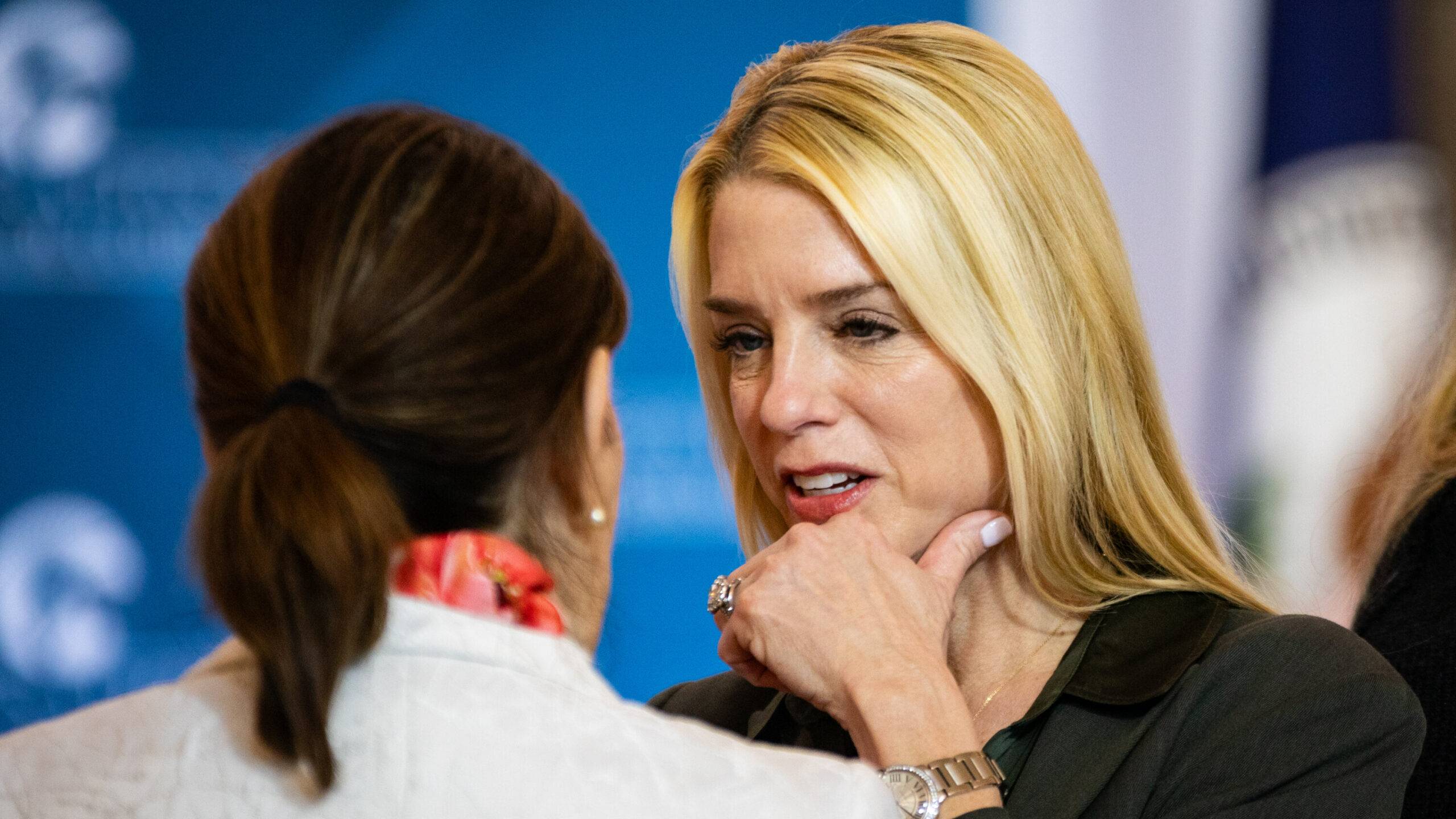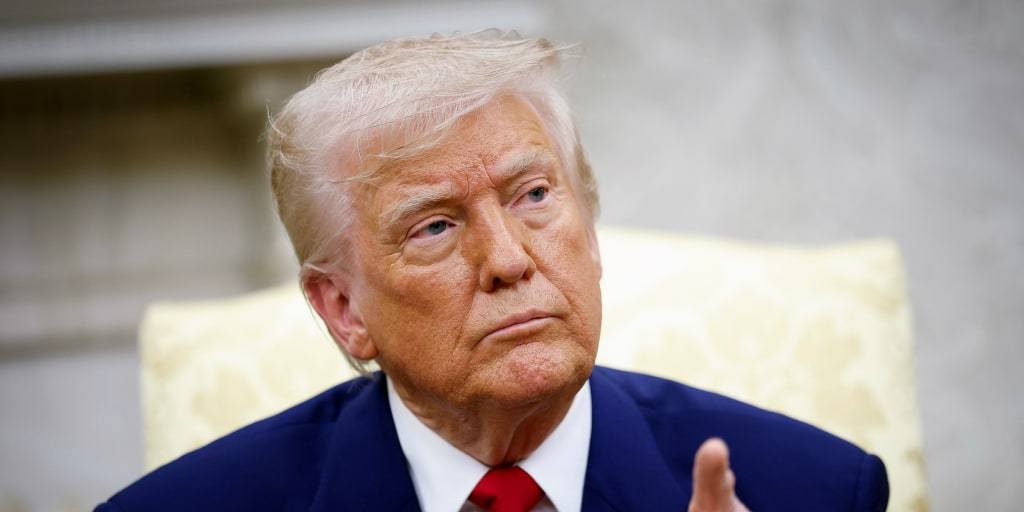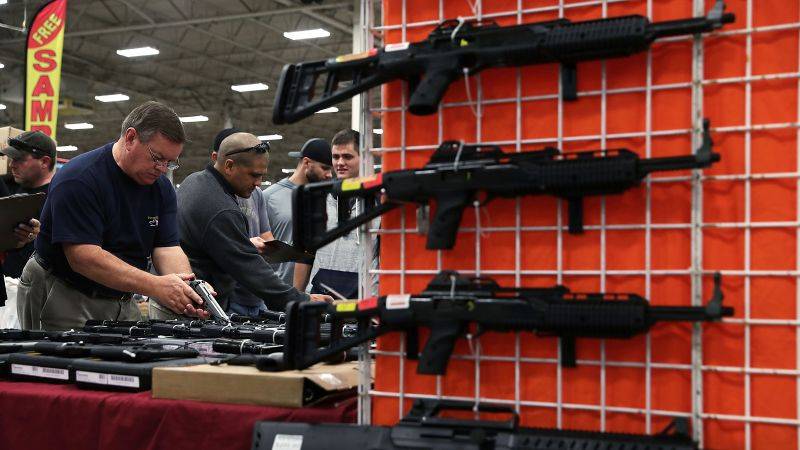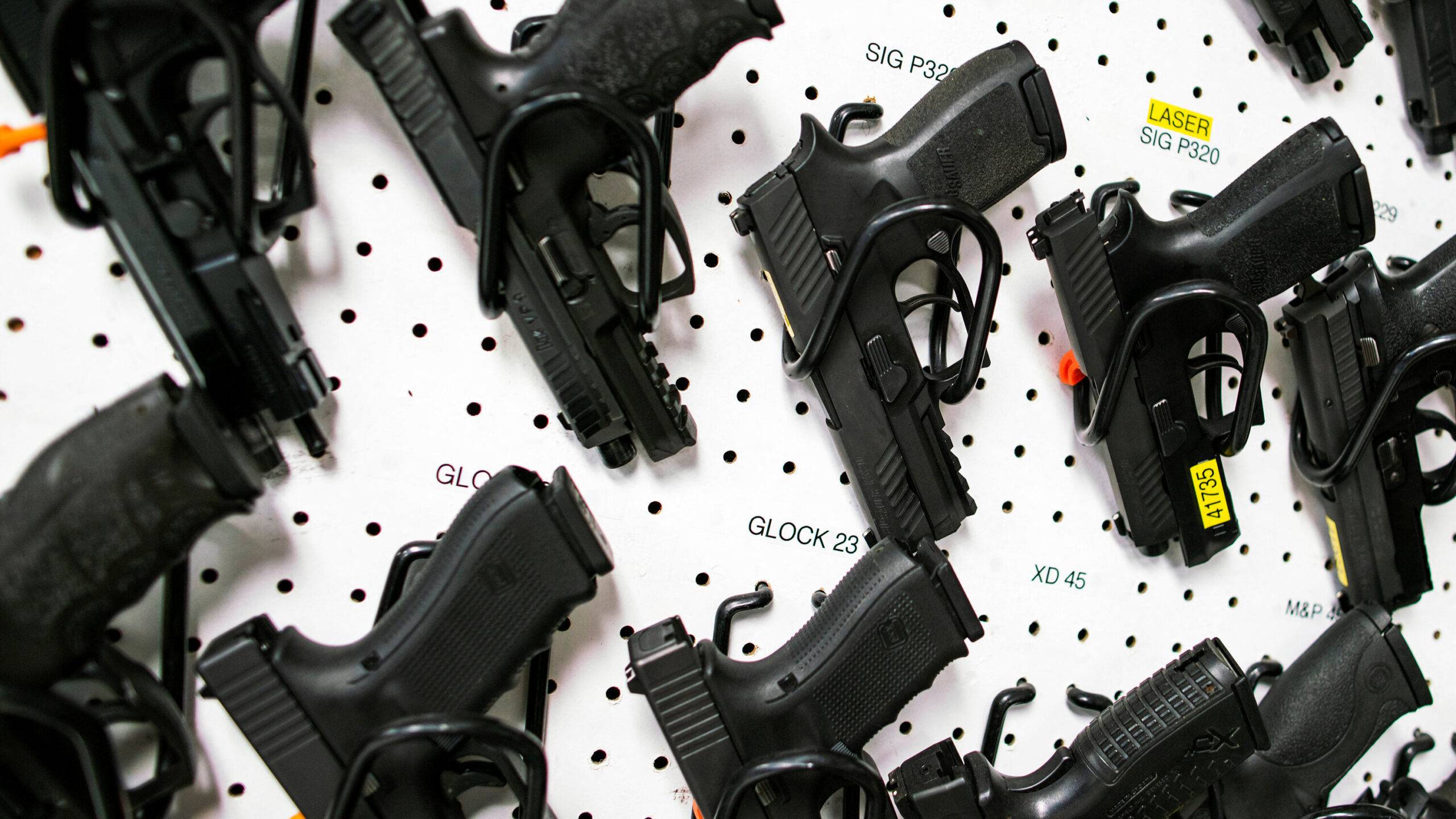In a sweeping move that has sent shockwaves through Washington, the Trump administration announced yesterday their intention to roll back several gun control measures implemented over the past decade. As someone who’s covered Capitol Hill for nearly twenty years, I’ve witnessed numerous policy pendulum swings, but this particular reversal stands out for both its scope and timing.
The announcement came during a Rose Garden address where President Trump, flanked by NRA executives and Republican congressional leaders, outlined what he called a “restoration of Second Amendment freedoms.” Having attended countless similar announcements, I could sense the calculated political timing – just seven months before midterm elections when gun rights consistently mobilize certain voter demographics.
“Americans have lived under the shadow of unconstitutional restrictions for too long,” Trump declared to applause from supporters. “Today we begin dismantling regulations that have only burdened law-abiding citizens while doing nothing to stop criminals.”
The policy reversal targets three specific areas: universal background check requirements, restrictions on high-capacity magazines, and the federal ban on bump stocks implemented after the 2017 Las Vegas shooting. According to White House policy documents released following the announcement, the administration characterizes these measures as “ineffective bureaucratic overreach.”
Gun control advocates responded swiftly and forcefully. Everytown for Gun Safety released polling data showing 89% of Americans, including 84% of gun owners, support universal background checks. I spoke with their policy director Jennifer Masterson, who didn’t mince words: “This isn’t just unpopular – it’s dangerous. The administration is ignoring both public opinion and empirical evidence about what keeps communities safe.”
The statistical evidence presents a complex picture. While gun violence has decreased 24% nationwide since 1993 according to FBI crime statistics, mass shootings have increased dramatically during the same period. The Congressional Research Service documented a 33% rise in these incidents between 2010-2023, raising questions about the relationship between regulation types and different categories of gun violence.
My conversation with Dr. Michael Harrison, criminologist at Georgetown University, highlighted this nuance. “The effectiveness of gun control isn’t binary – certain measures demonstrably reduce specific types of gun deaths,” he explained during our phone interview last evening. “Universal background checks, for instance, show stronger correlation with reduced domestic violence homicides than with mass shooting prevention.”
Congressional response has predictably split along party lines. Senate Majority Leader Mitch McConnell praised the announcement as “restoring constitutional rights,” while House Minority Leader Hakeem Jeffries called it “a dangerous capitulation to special interests over public safety.” Having covered both leaders for years, their reactions followed familiar rhetorical patterns that rarely acknowledge policy complexity.
What makes this reversal particularly significant is its departure from the administration’s previous positioning. Just fourteen months ago, following the Dayton school shooting that left 12 dead, Trump had indicated openness to “comprehensive background check legislation.” This pivot demonstrates the powerful influence of election-year politics and the gun lobby’s persistent influence in Washington.
The economic impact remains unclear. Gun manufacturers saw immediate stock jumps following the announcement – Smith & Wesson shares rose 14% while Sturm, Ruger & Co. climbed 9% by market close. However, several corporate leaders expressed concern. Walmart CEO Doug McMillon reaffirmed his company’s policy restrictions on ammunition sales in a statement that underscored the growing corporate engagement with gun policy issues.
State-level responses will likely determine the practical impact of these federal rollbacks. California Governor Gavin Newsom immediately announced his state would “strengthen rather than weaken” its gun laws regardless of federal policy. “This creates a patchwork









